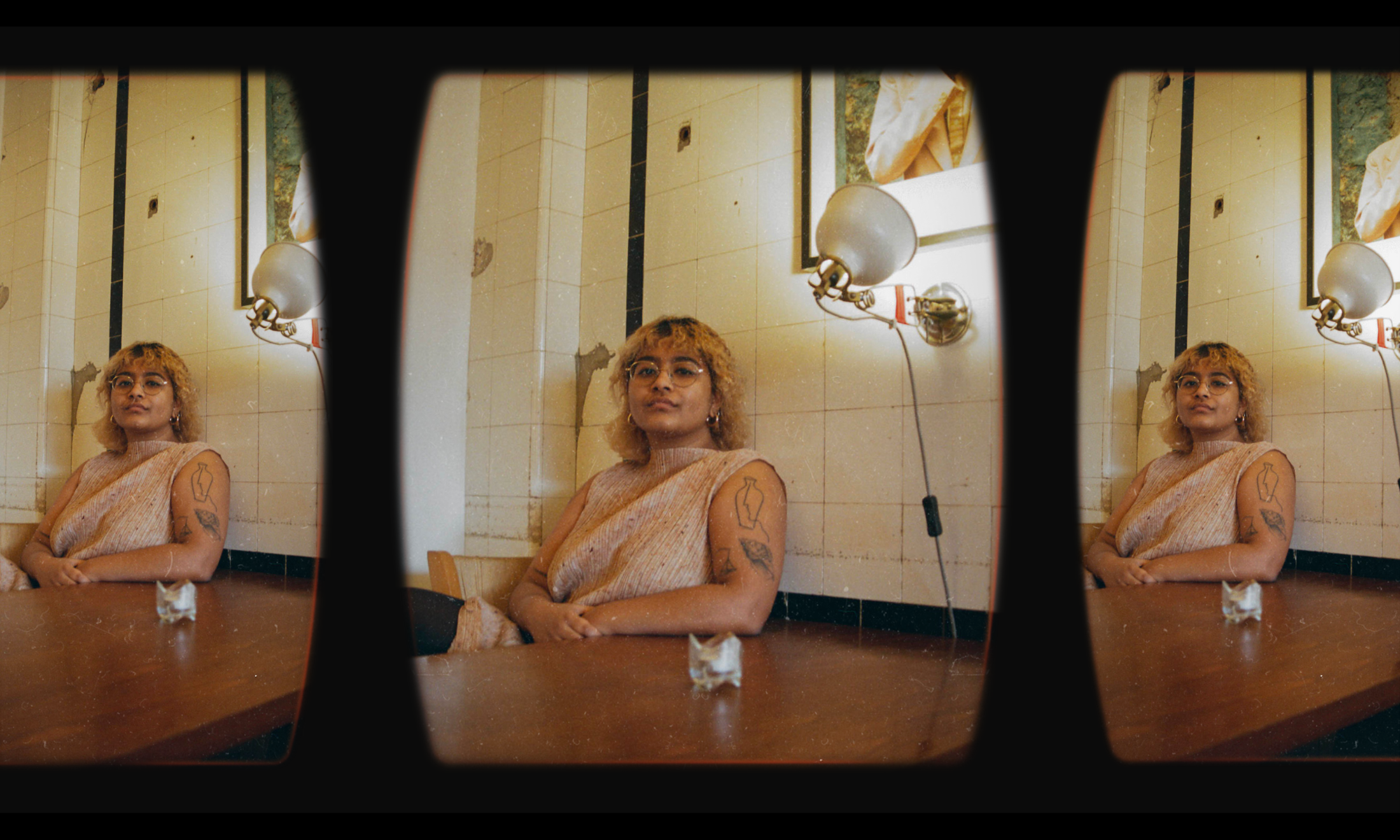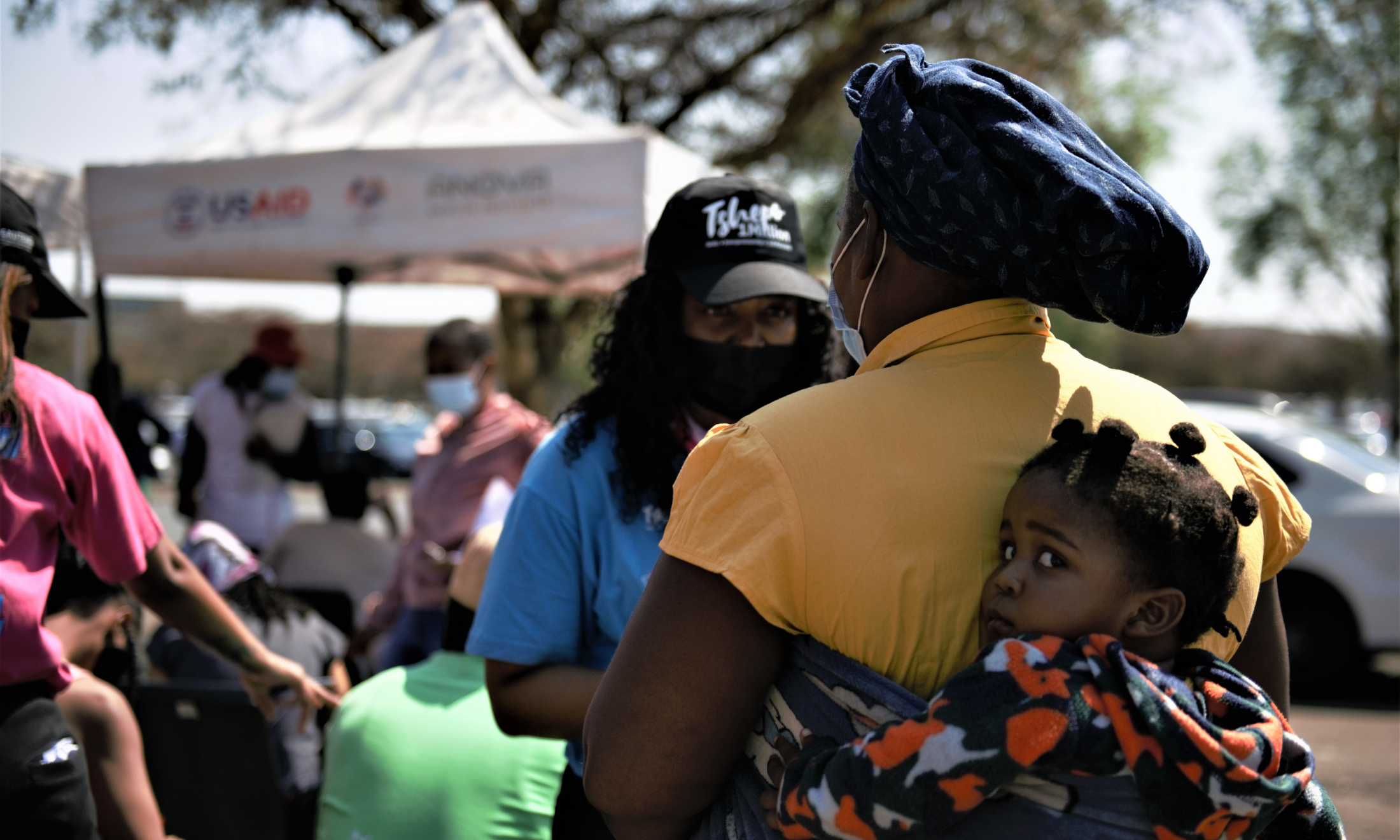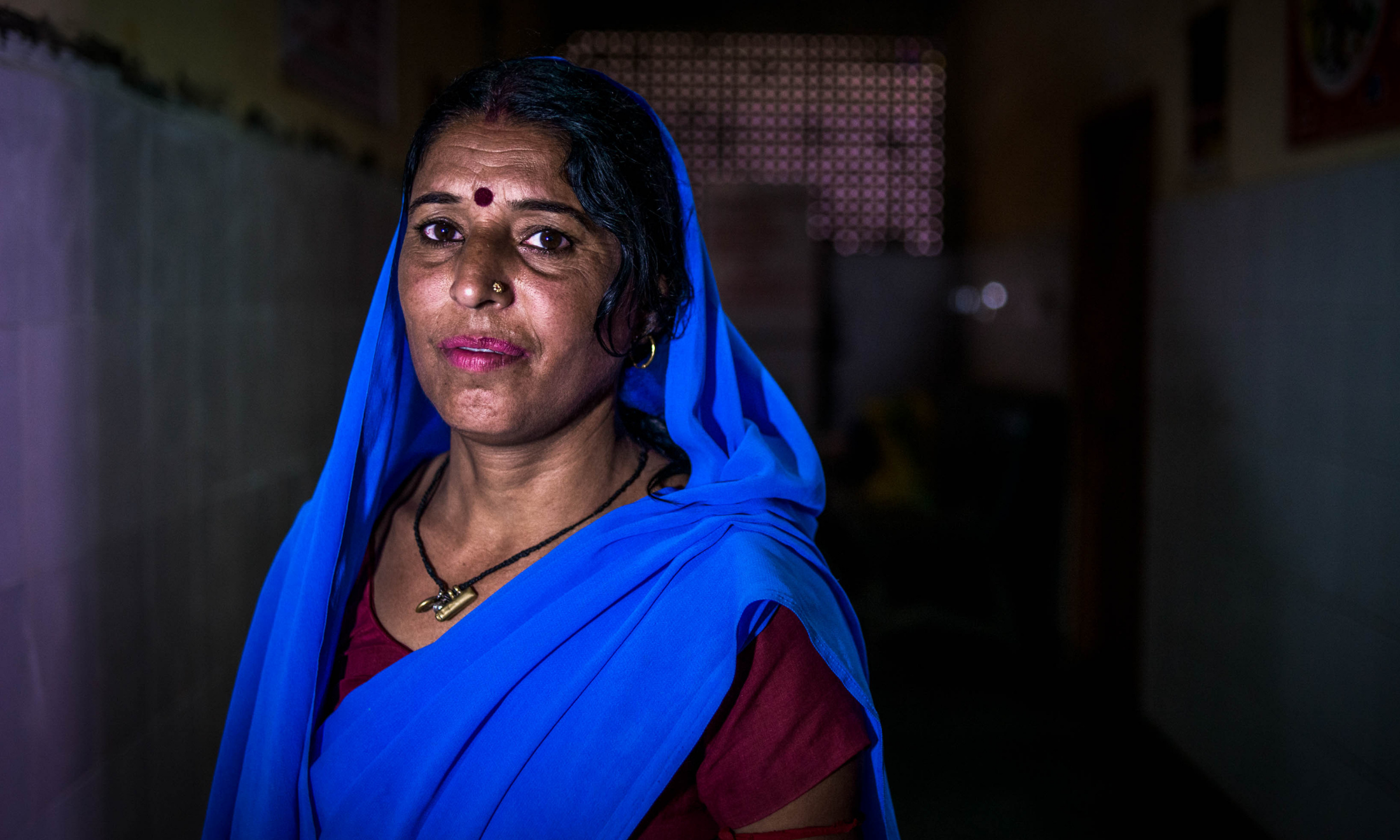
Why I’m fighting for an independent public inquiry into the Covid-19 deaths of people of colour
It will allow us to take into consideration the lived experiences of our communities – something which the Public Health England review is unlikely to do.
Rianna Raymond-Williams
30 Apr 2020
Illustration via Shuttershock
During the last couple of months, we have witnessed coronavirus tragically erupt across the world’s stage, affecting communities and individuals alike. Particularly in the UK, we have seen people of colour (PoC) hit the hardest. As many as 35% of the people who have been infected by coronavirus have been PoC, despite us only representing 13% of the UK population. Today, it was announced that the situation has become so serious that the NHS is looking into “risk-assessing” PoC working on the frontline and potentially reassigning their roles. This suggestion, which has received support from the Royal College of Surgeons, overlooks the structural inequality which underpins worse health outcomes for PoC in the UK.
It’s for reasons such as this that The Ubele Initiative, headed by Yvonne Field, Patrick Vernon and Michael Hamilton, has launched the #WeNeedAnswers campaign. We have called for an independent public inquiry into why PoC groups are disproportionately affected by Covid-19, supported the launch of a bereavement fund for our communities and organised “The Emergency Conversation” (held on 27 April) – an online platform that was used by community leaders and stakeholders to connect and share a range of information and perspectives on the state of affairs for PoC communities in light of Covid-19.
There is undoubtedly a growing concern for both the safety and survival of PoC communities across public services. A 2019 report reveals that black people are five times more likely to die in pregnancy than their white counterparts. When it comes to education, there is a 13% attainment gap between students of colour and their white counterparts. And when it comes to incarceration, the Lammy Review revealed that black people, who make up around 3% of the general population, account for 12% of adult prisoners.
“Public Health England’s inquiry will fail to provide the full picture and context of the lived experience of our communities in the UK”
Our campaign highlights the fact that the disproportionately high incidence of coronavirus cases among PoC could be attributed to wide-ranging social and economic factors – such as being over-represented in high-risk occupations as key workers or living in densely populated areas. Further exploration is needed to understand exactly how differences in healthcare, attainment, income and housing, which existed prior to Covid-19, have created significant challenges for PoC and are exacerbated during a crisis.
The #WeNeedAnswers campaign is rooted in the understanding that the data collected so far on PoC Covid-19 fatalities fails to provide a narrative about the lived experience and conditions within the community. Although the inquiry into PoC deaths announced by the government earlier this month may be useful in providing insight into the disparities that we are now seeing as a result of the pandemic, it will fail to provide the full picture and context of the lived experience of PoC communities in the UK, taking into consideration their quality of life and living circumstances, all of which are vital to creating practical and purposeful solutions.
The colonial systems and structures that pervade British society will continue to negatively impact PoC groups if they are not corrected. As a community, we need to see this pandemic as an opportunity to develop and embed new ways of working that are specific to our needs. This is an opportunity for PoC groups to share their lived experience and be included in the conversation in comparison to being sidelined. The traction generated by Ubele’s “Emergency Conversation” event – which had an audience of almost 2000 – is a demonstration of how essential an independent public inquiry is, but also of how vital it is that race equality is a permanent feature on the government’s agenda as part of their commitment to reducing inequalities long term.
“It is crucial that race equality is a permanent feature on the government’s agenda as part of their commitment to reducing inequalities long term”
Culturally appropriate support is crucial to maintaining health and wellbeing, both during the pandemic and well after the curve has fallen. The Majonzi Fund commits to raising £10,000 to provide small grants for families, communities and faith groups within the PoC community to organise memorial events and tributes to celebrate and commemorate the lives of their loved ones after lockdown. It will also give access to culturally sensitive bereavement counselling and therapy that reflects the religious and cultural diversity of the PoC community.
Over the last few weeks, we have all experienced moments of uncertainty and unrest, and that’s normal. The world is going through a crisis. But through working with a committed and creative group of people, who have all been invaluable to the campaign, I’ve been able to sharpen my political consciousness and consider the role myself and everyone plays in a movement. I’m thankful to have been a part of history in creating a campaign that is fundamental to the needs of our community and I hope that my contributions support the wider work towards creating a national strategy to address inequalities long term.
gal-dem supports the @ubeleinitiative in calling for an independent public inquiry to investigate how and why BAME communities have been disproportionately impacted by Covid-19. We encourage you to show your support for the #WeNeedAnswers by signing and sharing their petition and engaging in the conversation online.

Britain’s policing was built on racism. Abolition is unavoidable

How Pakistan’s Khwaja Sira and transgender communities are fearing and fighting for their futures

Their anti-rape performance went viral globally. Now what?






